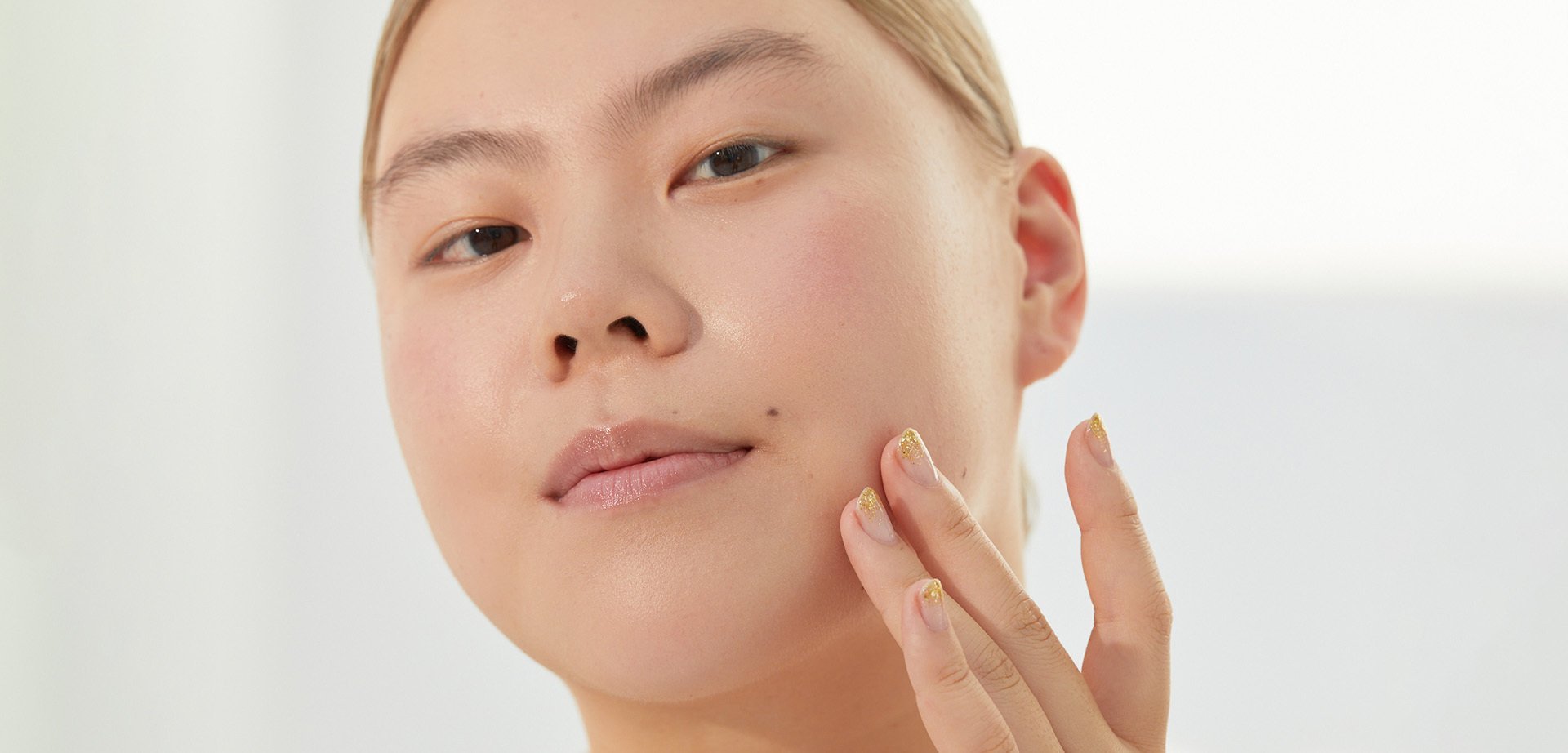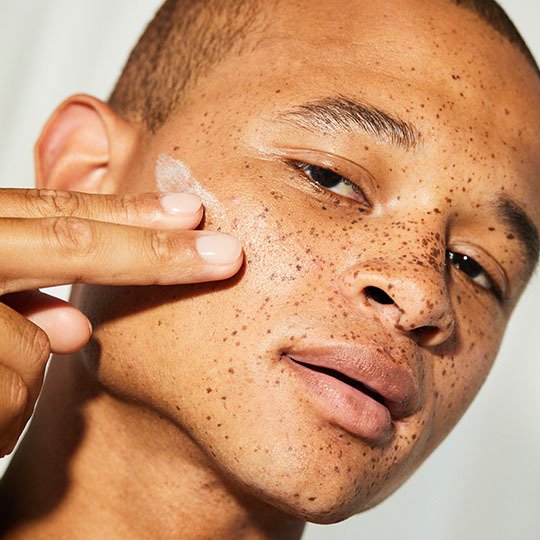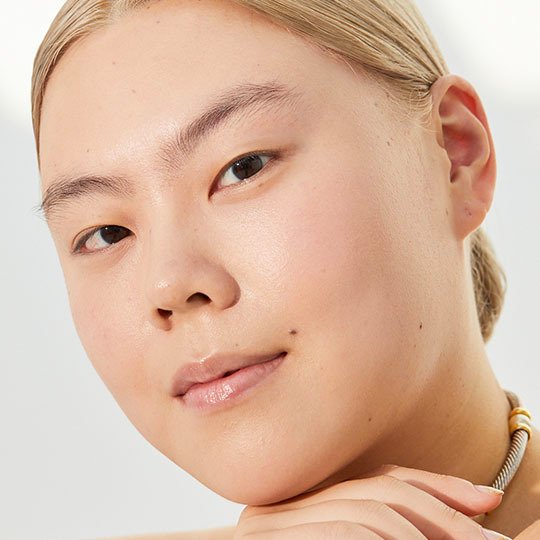Sebum

If you are a skincare enthusiast, you may already know that everyone’s body produces sebum. “Sebum is a substance produced in the sebaceous glands,” says Dr. Kim Nichols, a board-certified dermatologist based in Connecticut. “This oily substance most often appears on the face, chest and scalp areas.” (Sebaceous glands, according to The Cleveland Clinic, are an organ in your skin that secrete sebum and are mostly attached to your hair follicles.) Sebum is made up of lipids, fats, cholesterol and wax.
“Sebum acts as a protectant for skin,” says Dr. Nichols. “In fact, it is crucial to skin health as it helps to retain hydration and protects skin's barrier overall.” In other words, sebum helps prevent the loss of moisture from your skin. The moisture barrier is your skin’s outermost protective layer and, as the name suggests, it is essential to keeping your skin hydrated. Sebum, in turn, helps to reinforce this barrier. According to board-certified dermatologist Dr. Stefani Kappel, sebum also helps reduce the risk of infection by bacteria, yeast and fungi.
Though sebum is necessary to your skin’s overall health, an overproduction or buildup of the substance can trigger skincare issues such as clogged pores and oiliness. “The most common cause of increased sebum production levels are hormone shifts,” explains Dr. Nichols. “In addition, stress, medications, diet, a damaged skin barrier and certain medical conditions can also affect sebum production.”
If you struggle with excess sebum buildup, there are some ways to address it. Both Dr. Nichols and Dr. Kappel recommend incorporating a chemical exfoliant, like an AHA or BHA, into your skincare routine. Dr. Kappel suggests “using a face wash that contains an alpha hydroxy acid (lactic acid, glycolic acid or salicylic acid) to help unclog pores and remove dead skin cells.” Retinol or retinoids can also help with skin cell turnover.
Just remember to use a daily moisturizer so your skin doesn’t get too stripped, and if you’re not sure which products are right for you, consult with a board-certified dermatologist.
Photo: Chaunte Vaughn




.jpg?cx=0.490000009536743&cy=0.540000021457672&cw=150&ch=120&blr=False&hash=0B0F55675A6B9FE3724F6E2EC9118A01)









.jpg?cx=0.490000009536743&cy=0.540000021457672&cw=150&ch=120&blr=False&hash=5E78490B76BBC8CC9D76D2EBDFF515E0)












